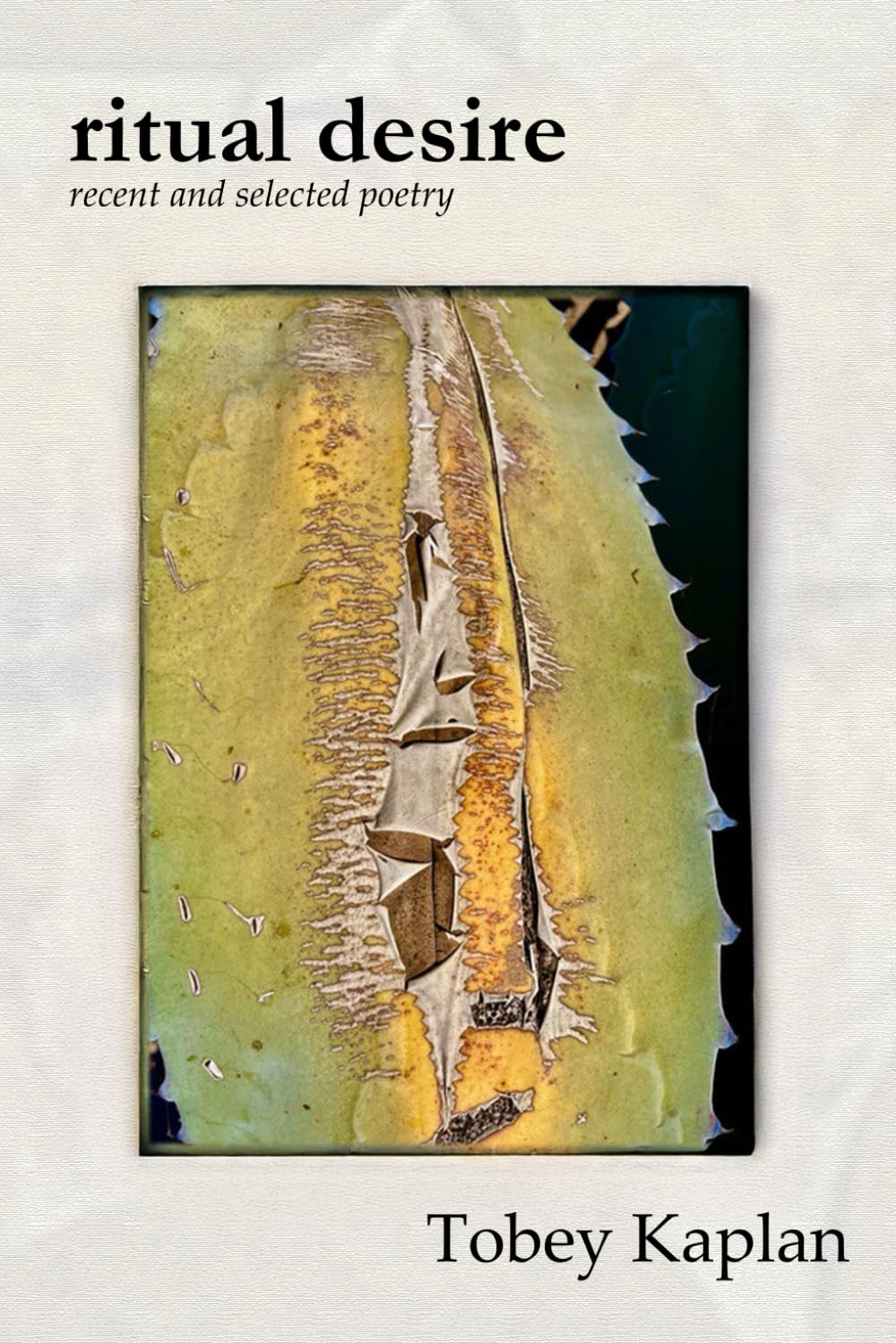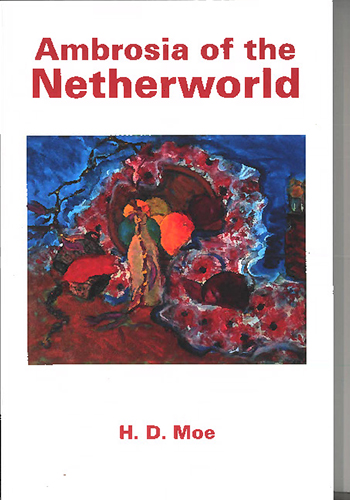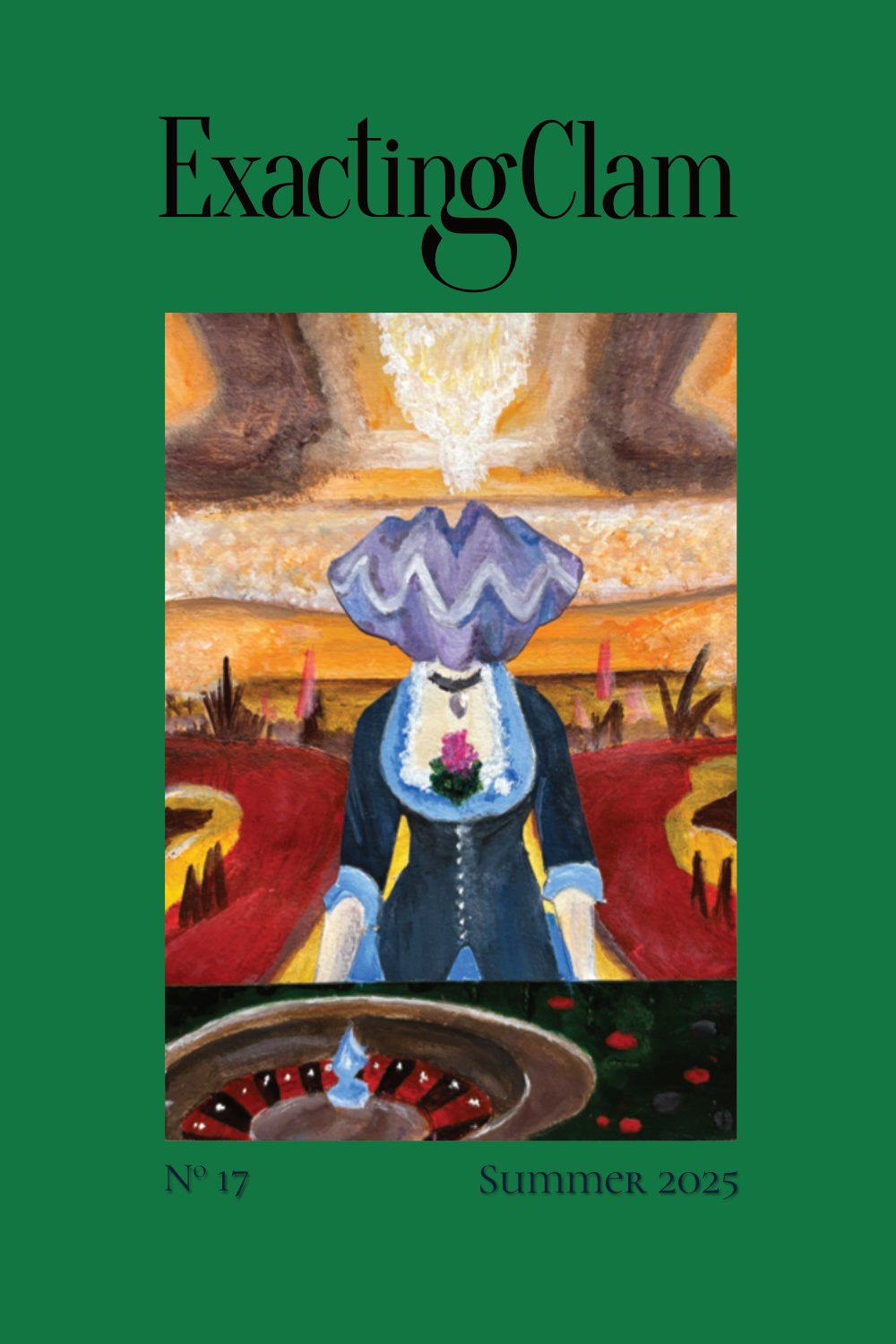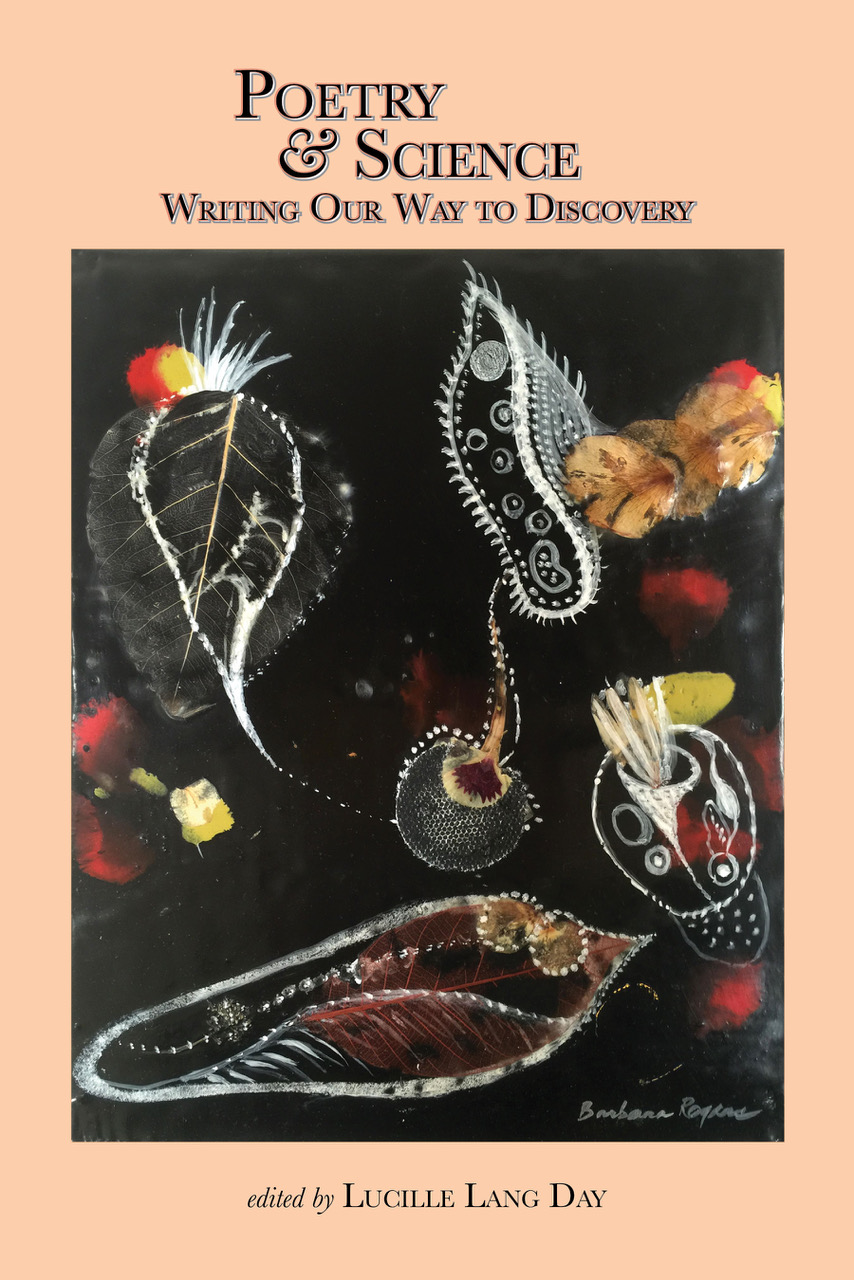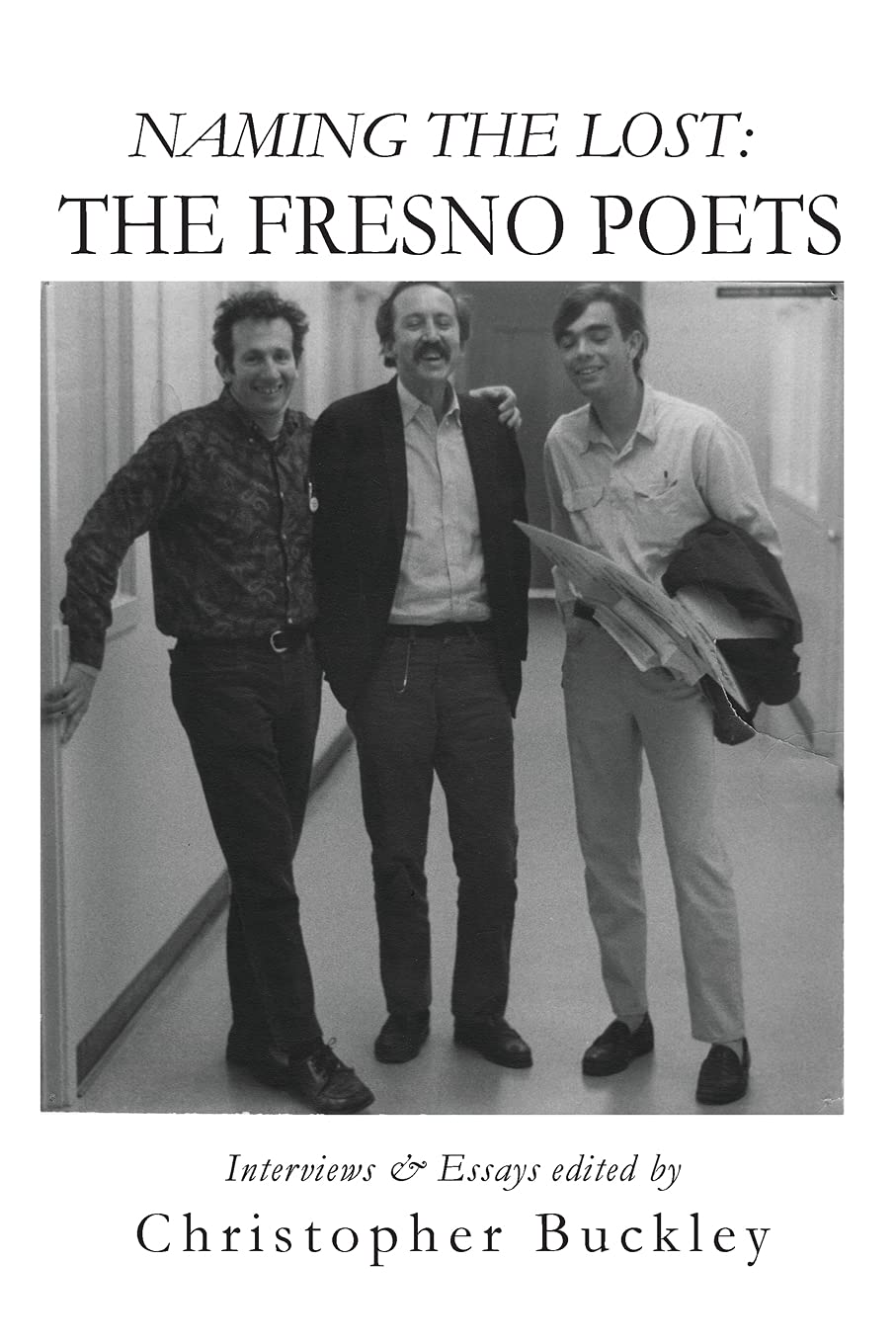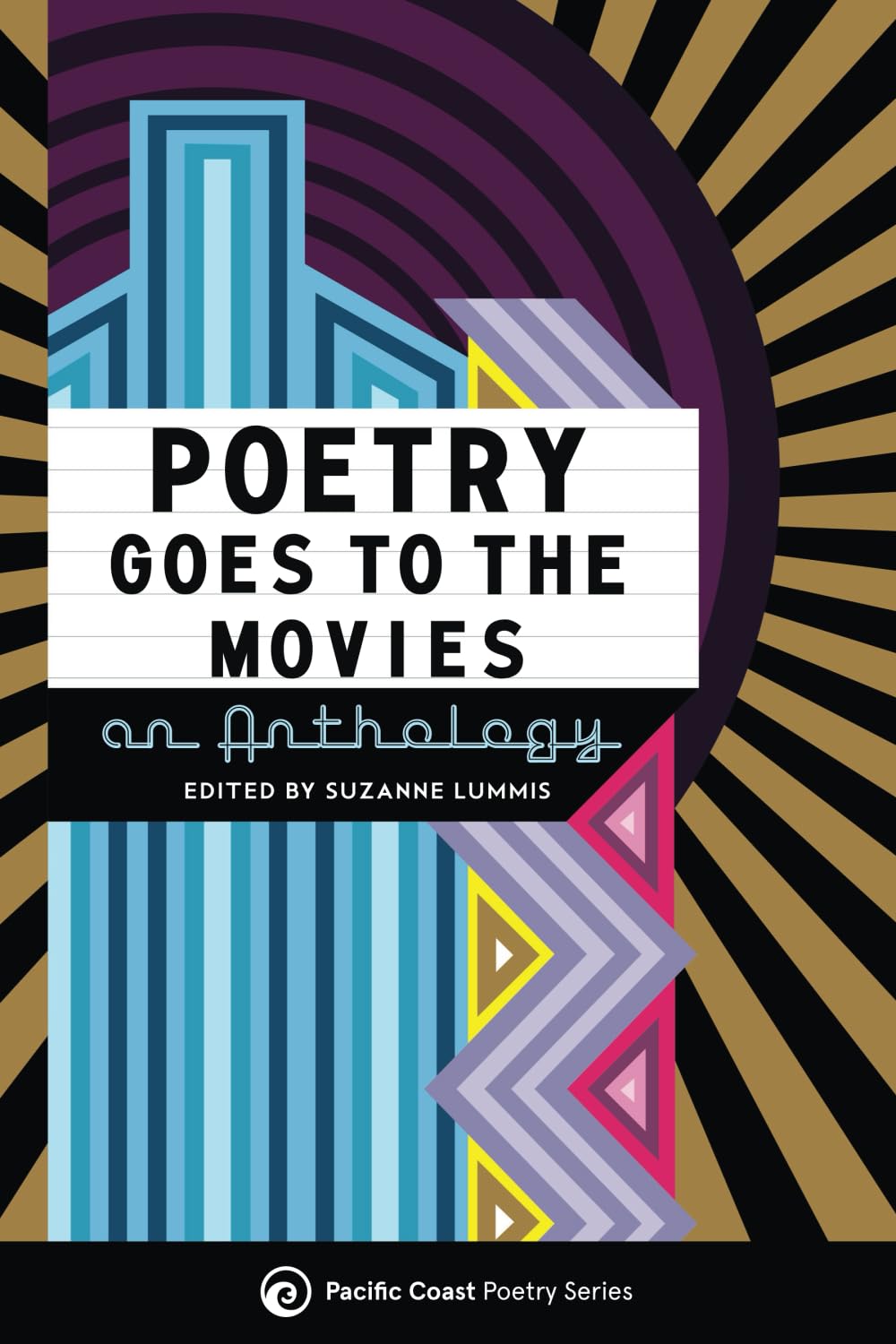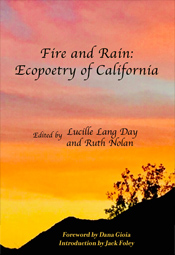
Lunar Losses
by Lee Rossi
The Moons of August, by Danusha Laméris, Autumn House Press, Pittsburgh, Pennsylvania, 2014, 83 pages, $17.95 paperback, www.autumnhouse.org.
IN THE MOONS OF AUGUST, Danusha Laméris offers us a book of losses. “I’ve buried a lover, a brother, a son,” she tells us early on. But loss is only the starting point. Following the trail of poets such as Ellen Bass and Dorianne Laux, Laméris explores a woman’s experience, shaping its timeless (and often neglected) mysteries into song.
The book’s title poem is a wild and varied list, an homage in part to Laux’s “Facts About the Moon,” but full of the rage Laméris feels at her losses. Addressing the moon, emblem of love but also transience, she hurls a string of put-downs and insults:
…this sullied coin,
this brandy-soaked pearl…
tonight I name you
Switchblade Moon,
Toss in the Towel Moon,…
Empty Rice Bowl,…
Blink of an Eye Moon.
Many of the poems in the book’s first section deal with the loss of a child to a chronic, degenerative disease. “A Square of White,” for instance, concatenates the blankness of a friend’s all-white paintings, the thrill of new love, and the exhaustion of waiting in hospitals for news of her terminally ill child. What would she have done, she asks herself, had she known that her excitement at finding love would lead to this null? “Years of this,” she tells us, a line as numb as the depression it describes.
“To Bless,” a meditation encompassing loss and resignation, is noteworthy for the etymological gambit of the title: “To bless once meant to draw blood,” the poet tells us, and from that starting point she gathers love, tattoos, wedding vows, the Ave Maria, and the barest of clichés into her bloody net. “Is ordinary goodness more than we can bear?,” she asks, not bothering to answer.
As a poet Laméris seems less interested in the facts of biography than in investigating the meaning and repercussions of those facts. More than death, time is the enemy. For those wounded by time, hope is an unnecessary and self-destructive distraction. “Insha’Allah,” a meditation on the cruelty of hope, concludes:
How lightly we learn to hold hope,
as if it were an animal that could turn around
and bite your hand. And still we carry it
the way a mother would, carefully,
from one day to the next.
Displayed here is Laméris’s gift for epitomizing her existential quandary, the images (animal / baby) in precarious balance.
In her struggle for understanding and a larger view of suffering, a larger voice emerges. In a poem such as “What Trees Dream Of” we hear not just the mother, but the Great Mother:
And when we die,
they meet us in the blackened soil
and take us back
carry us
up the length of their bodies
into the trembling leaves.
If Laméris has a particular talent, it is for thinking in images. She is primarily a meditative poet, examining mutability from a variety of viewpoints. The directness and felicity of her thinking, in fact, reminds one of Billy Collins or Jane Hirshfield. In poem after poem she offers objective correlatives not just for feeling states but also for complex ideas. Indeed, when she focuses too directly on biographical events, the intensity flags. The poems about her brother’s suicide and burial, both of them more imagistic and narrative than the rest of book, seem to long for the questioning of the other poems.
That questioning intelligence is on vivid display in a poem like “Eve, After.” Adopting the voice of the first woman, she issues a warning that what looks perfect usually isn’t, and declares her relief at not having “to pretend anymore/ that the terrible calm/ was Paradise.” Similarly, “Apples” exhibits the poet’s gift for ambivalence, for acceptance laced with regret: “Each apple is a kind of failure,” she tells us, remembering the fate of Eve and Atalanta. “Isn’t there/ always something we want/ more than our own happiness?…Haven’t we all loved too much?” (This book is filled with terrifying questions!)
Life has hardened her steely intelligence, but also tempered her sensitivity for the neglected and denigrated. In “Pigeons” she declares, “we do not favor them…None will ever attain greatness.” Yet as Whitman might have observed, they have importance en masse; they make an impression:
…every once in a while
in a tourist’s blurry snapshot
of a grand cathedral
they rise into the pale gray sky
all at once
Sometimes, when we least expect it, even the most negligible beings emerge from obscurity to remind us of their existence.
In addition to passion and intelligence, the book demonstrates the poet’s capacity for rueful, ironic humor. In “Fictional Characters” she transports Holden Caulfield, Anna Karenina, even Hector into the mundane, contemporary world, then turns toward the reader to ask the startling question: “Wouldn’t you, if you could?/ Step out of your own story,…your life, somewhere far behind you,/ all its heat and toil nothing but a tale/ resting in the hands of a stranger…“ This directness is one of the book’s great strengths, enlisting the reader’s own curiosity and purpose in investigating complex feelings and ideas. “Anything”—a portrait of a hippie homestead as vivid as anything by T.C. Boyle, its “crazy Dutchman and his two black kids”—betrays some of same mordant humor. Household guests appeared, the poet tells us, unbidden:
a woman named Moon shed her clothes at the door,
then lay naked in the garden by the zucchini.
Preacher Mike rolled out his pungent herbs on thin
white paper, crying, the Lord is my shepherd,
I shall not want.…
These vivid snapshots encapsulate a life style which was at once free and easy but also self-absorbed and more than a little irresponsible.
In The Moons of August, then, we meet a poet whose sympathies range deep and wide, whose learning at the hands of life has prompted a resolute wisdom, a wisdom in which we readers can also participate with the help of these poignant, clear-sighted poems. ![]()
Lee Rossi's most recent poetry book is Wheelchair Samurai. Among his previous collections is Ghost Diary. A staff reviewer and interviewer for the online magazine Pedestal, a contributing editor for Poetry Flash, and a member of the Northern California Book Reviewers, his poetry, reviews, and interviews have appeared in The Beloit Poetry Journal, Poetry East, Chelsea, and elsewhere. He lives in San Carlos, California.
— posted September 2017











































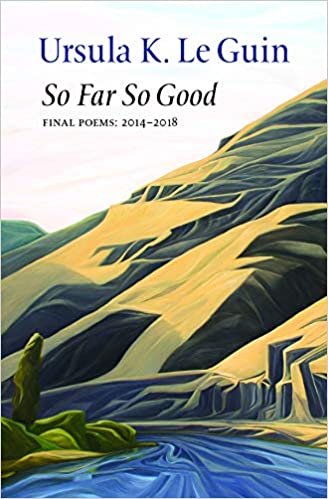 So Far So Good: Final Poems, 2014-2018
So Far So Good: Final Poems, 2014-2018 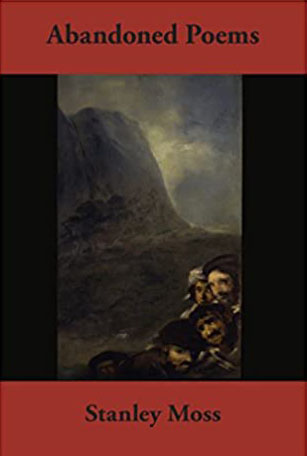 Abandoned Poems
Abandoned Poems 















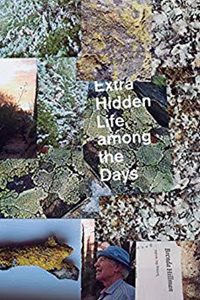 Mississippi
Mississippi 


















































